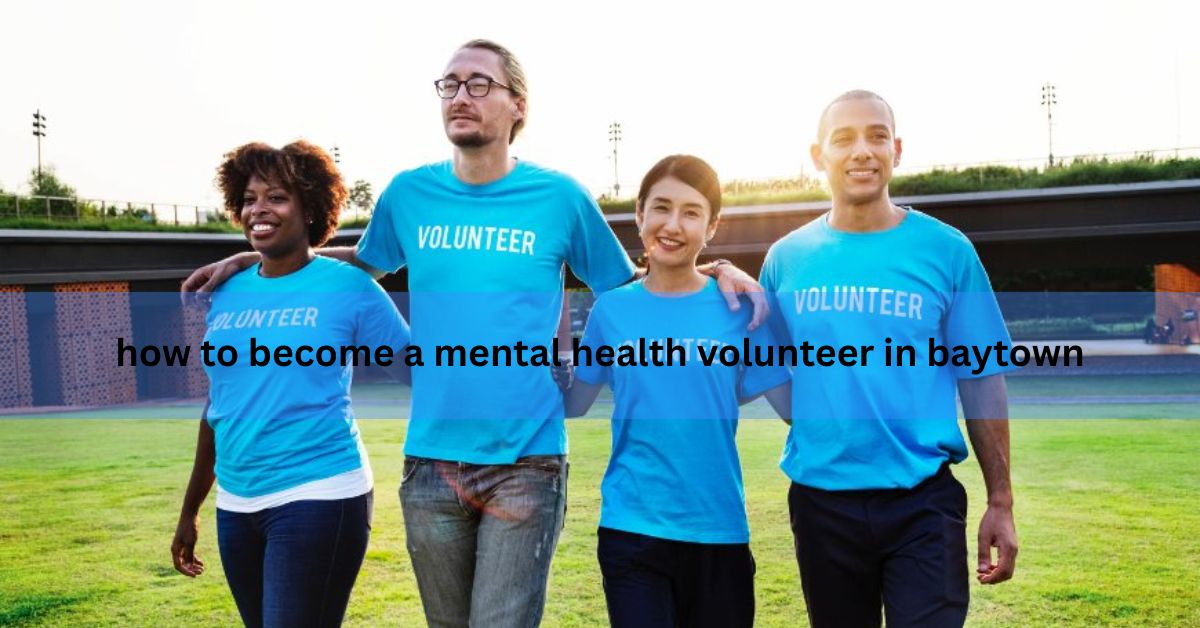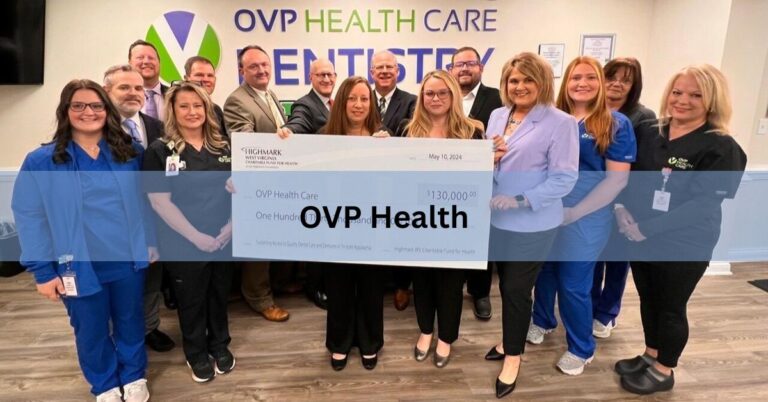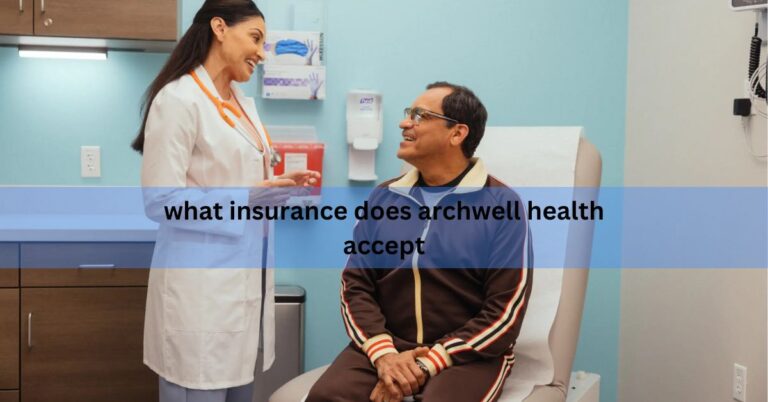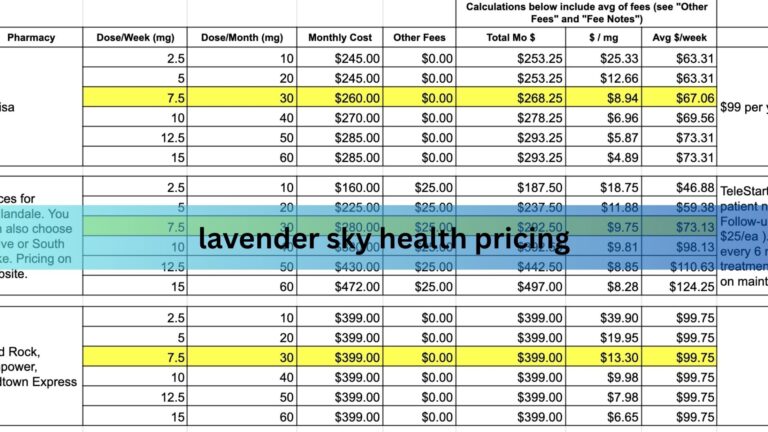How to Become a Mental Health Volunteer in Baytown – A Complete Guide to Making a Lasting Impact!
Mental health is not just a personal concern—it affects the entire community. In Baytown, Texas, mental health challenges are rising, but professional resources remain limited. One impactful way to help is through volunteerism.
Mental health volunteers play a crucial role by offering support, reducing stigma, and bridging gaps in care. Whether you’re a student, retiree, or working adult, you can make a difference. This guide will help you understand volunteer roles, required qualifications, and how to connect with the right organizations to start making an impact today.
Why Does Mental Health Volunteering Matters in Baytown?
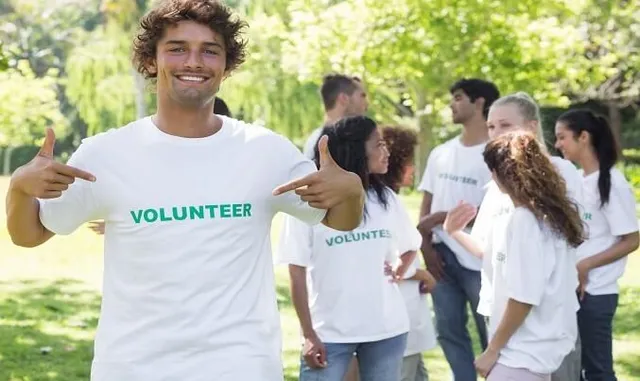
Rising Mental Health Needs
Baytown has seen a noticeable rise in mental health concerns in recent years—ranging from youth anxiety and depression to adult trauma and substance abuse. Many residents, particularly in underserved areas, face long waitlists or high costs when seeking help.
Volunteers Bridge the Gap
Volunteers aren’t therapists—but they can be trained listeners, community educators, peer supporters, or simply warm presences at support events. They enhance access, reduce isolation, and bring mental health out of the shadows. In many cases, volunteers are the first line of support before professional care is available.
Step-by-Step: How to Become a Mental Health Volunteer in Baytown
Step 1: Understand the Roles Available
There are multiple ways to get involved based on your interests, availability, and experience.
1. Crisis Line Support
Answer phones, offer empathy, and direct callers to appropriate resources.
2. Peer Support
Use your lived experience to support others in recovery from mental illness or addiction.
3. Outreach and Education
Help run workshops, promote awareness campaigns, or table at events.
4. Administrative Help
Assist nonprofits with behind-the-scenes support like data entry, fundraising, or event planning.
5. Hospital or Shelter Volunteering
Some psychiatric units or shelters need volunteers to spend time with patients or help with recreational programming.
Step 2: Identify Your Strengths and Interests
Before jumping in, ask yourself:
- Do I want to work directly with people?
- Am I comfortable listening to people in crisis?
- Do I prefer behind-the-scenes tasks that still support the mission?
- What days/times am I consistently available?
This self-awareness will help you choose the most appropriate role and organization.
Also Read: How Do Mental and Emotional Illnesses Affect Social Health – A Deep Dive into the Human Connection!
Step 3: Find Organizations in Baytown That Offer Volunteer Opportunities
Here are some places to start your search:
1. Harris Center for Mental Health and IDD
A major provider in Harris County with numerous volunteer options including community programs and crisis response.
2. NAMI Greater Houston (National Alliance on Mental Illness)
Offers volunteer positions in peer support, education, advocacy, and event coordination.
3. Local Churches and Faith-Based Organizations
Many offer mental health ministries or grief support groups needing volunteers.
4. Baytown Area Homeless Services
Often work with individuals facing trauma and mental illness. Volunteers may assist in providing supportive resources.
5. Houston Methodist Baytown Hospital
Check their community health outreach or behavioral health department for volunteer initiatives.
Step 4: Complete Any Required Training or Screening
Most mental health volunteer roles require some form of preparation, which might include:
- Background check
- Trauma-informed care training
- HIPAA/confidentiality training
- Basic mental health first aid
- Ongoing workshops or peer supervision
Even for non-clinical roles, understanding boundaries and safety protocols is crucial.
Step 5: Start Small and Grow with Experience
Your first role doesn’t have to be perfect. Start with a single shift per week, or attend a volunteer orientation to get a feel for the organization’s culture. Over time, many volunteers expand their commitment, move into leadership roles, or even pursue careers in the field.
Benefits of Becoming a Mental Health Volunteer:
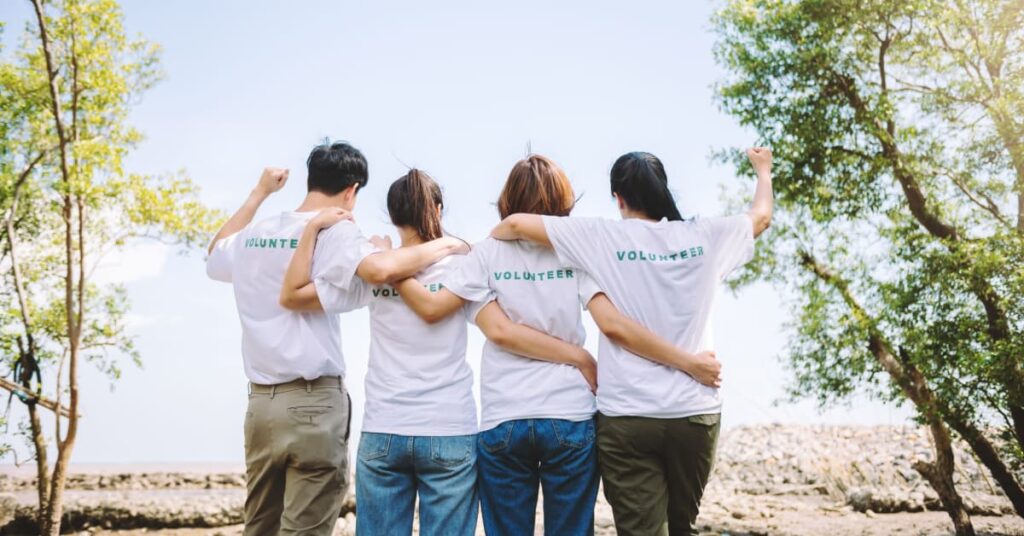
- Build Deep Connections: Be a consistent, caring presence for someone who feels alone.
- Learn Transferable Skills: Communication, crisis de-escalation, and empathy apply to many fields.
- Boost Mental Health Literacy: Understand mental health challenges and how to support others effectively.
- Grow Professionally: Volunteering often leads to internships or full-time roles in social work, psychology, and nonprofit sectors.
- Make a Tangible Impact: One conversation could change or even save a life.
Do volunteers provide therapy?
No, volunteers at support organizations do not provide therapy. They are trained to offer emotional support, resources, and guidance. When clinical help is required, they refer individuals to licensed mental health professionals.
Tips for Being a Supportive Mental Health Volunteer:
- Practice Active Listening: Don’t rush to fix—just being present can be powerful.
- Set Boundaries: Understand your limits and refer individuals to professionals when needed.
- Stay Educated: Take advantage of free mental health workshops or online training.
- Be Reliable: Consistency builds trust, especially for those dealing with mental health challenges.
- Take Care of Yourself: Volunteering in emotionally heavy spaces requires self-care and reflection.
Is there a time commitment required?
Time commitments depend on the organization. Some may ask for regular weekly shifts, while others offer flexible, one-time, or event-based opportunities. It’s best to confirm directly with the group you’re volunteering with.
Challenges You May Encounter:
Volunteering in the mental health field is rewarding, but it’s not without challenges:
- Emotional Fatigue: Hearing difficult stories can take a toll.
- Complex Cases: Some individuals may be in severe distress or facing multiple issues at once.
- Stigma and Misunderstanding: You may encounter societal resistance or discomfort when talking about mental health.
Preparation, supervision, and peer support will help you navigate these experiences while remaining grounded and effective.
FAQ’s:
1. Do I need a degree to become a mental health volunteer in Baytown?
No. Most organizations offer training and do not require formal education. Compassion, reliability, and a willingness to learn are the key qualifications.
2. Are there virtual volunteer opportunities available?
Yes, especially post-COVID, many organizations offer remote roles like virtual peer support or mental health texting lines.
3. How old do I need to be to volunteer?
Minimum age requirements vary but are typically 18+. Some programs may accept youth volunteers with parental consent.
4. Can volunteering help me pursue a career in mental health?
Absolutely. Many volunteers go on to become social workers, counselors, or community advocates. It’s a great way to gain experience and network in the field.
5. What kind of training will I receive?
You’ll likely receive training in active listening, confidentiality, cultural sensitivity, suicide prevention, and mental health basics.
6. Is it emotionally difficult to volunteer in this field?
It can be, especially at first. However, with proper support, boundaries, and self-care, most volunteers find the experience deeply fulfilling.
7. Can I choose what type of volunteer work I do?
Yes. During intake or orientation, you’ll usually discuss your preferences, skills, and availability so you’re matched with a suitable role.
8. Where can I find current opportunities in Baytown?
Check local nonprofit websites, volunteer centers, or platforms like VolunteerMatch, Idealist.org, or your city’s official website.
Closing Thoughts:
Volunteering in the mental health space isn’t about having all the answers—it’s about showing up. In Baytown, where the need for accessible mental health care continues to grow, volunteers play a crucial role in transforming lives through empathy, action, and advocacy. If you’re ready to step up and be part of the solution, there’s never been a better time to get involved.
Read More:
